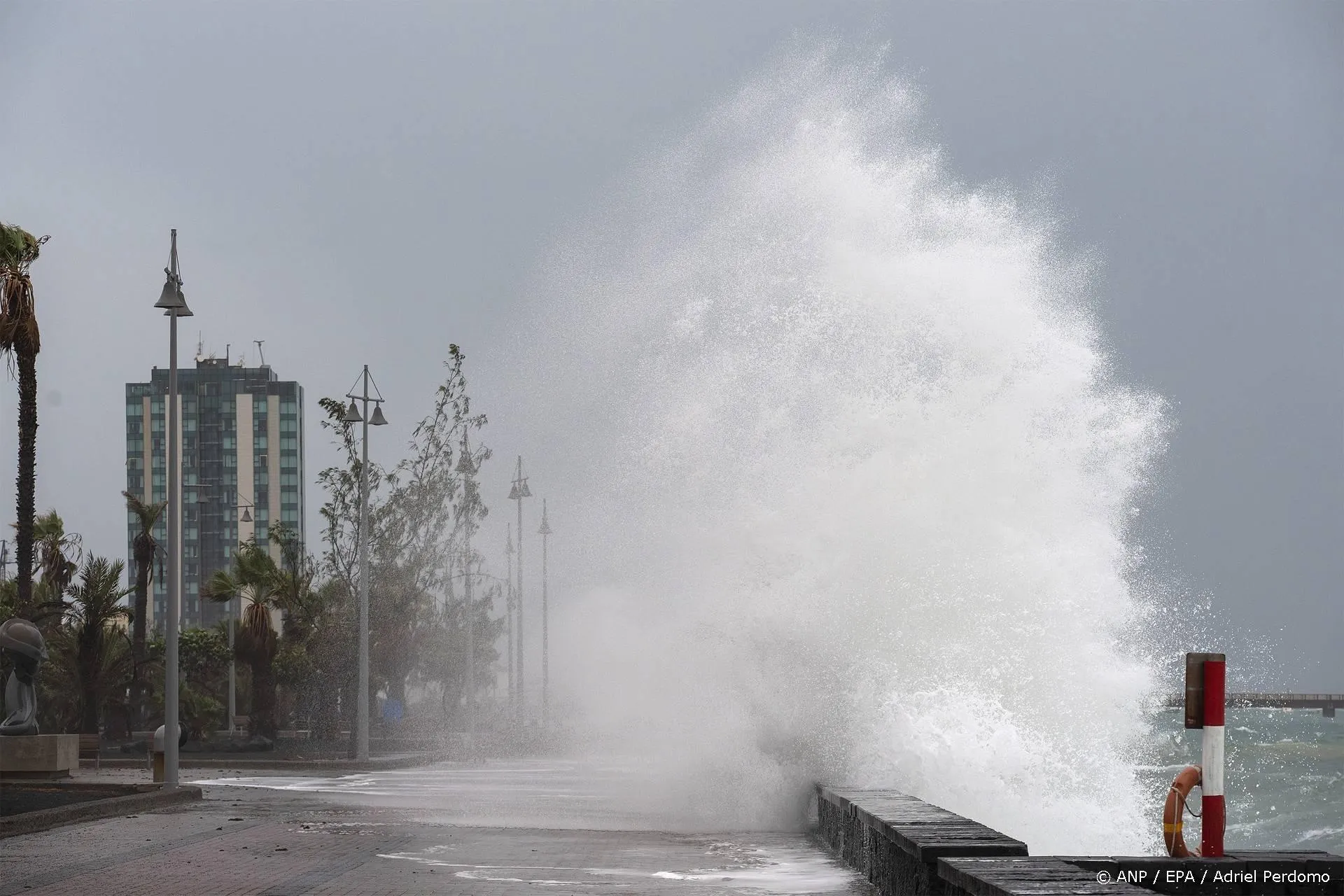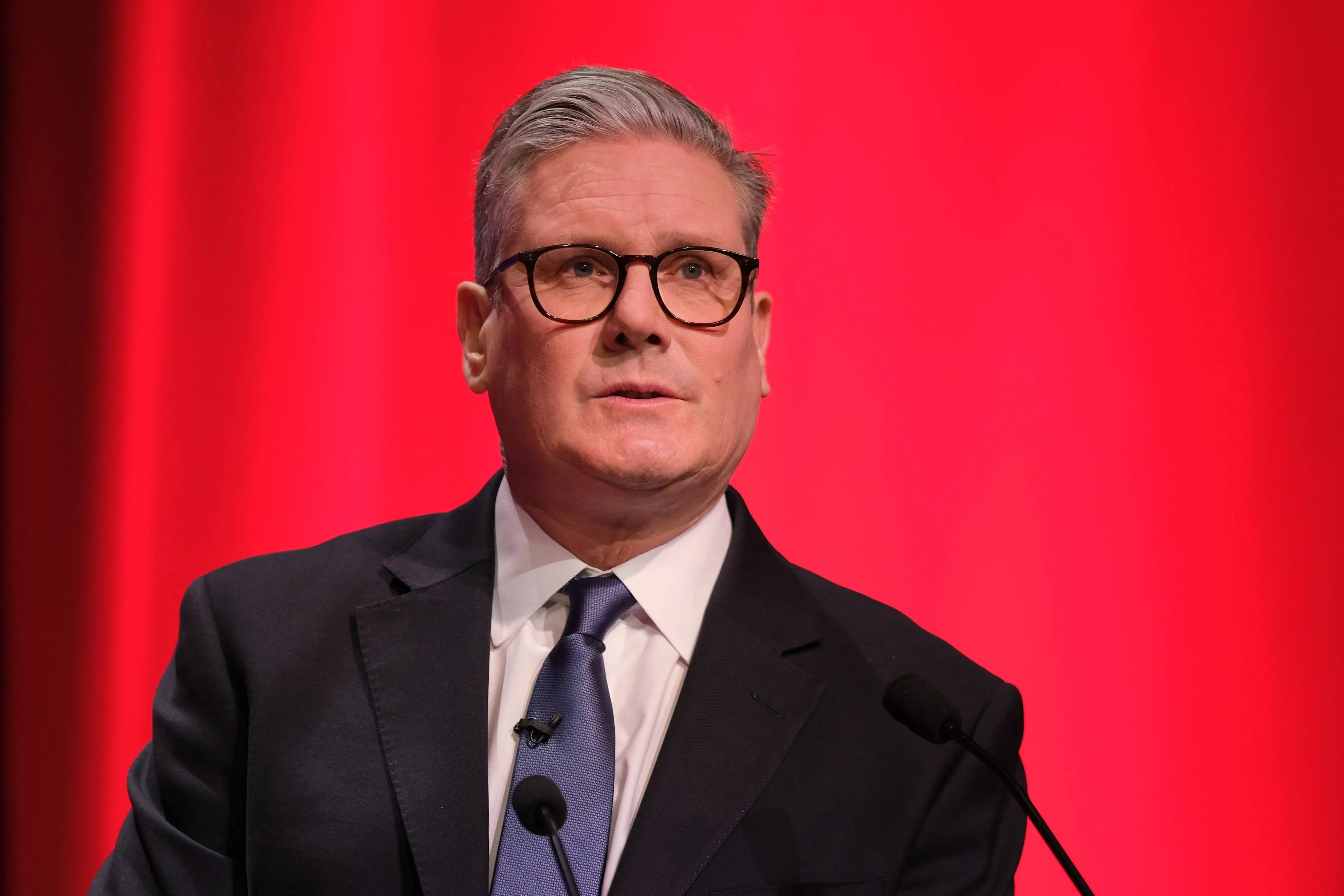Groene subsidies in verdomhoekje

Austerity pulling plug on Europe's green subsidies
The Spanish and Germans are doing it. So are the French. The British might have to do it. Austerity-whacked Europe is rolling back subsidies for renewable energy as economic sanity makes a tentative comeback. Green energy is becoming unaffordable and may cost as many jobs as it creates. But the real victims are the investors who bought into the dream of endless, clean energy financed by the taxpayer. They forgot that governments often change their minds.The austerity programs have piled on additional difficulties in the form of subsidy reductions. No government would announce temporary subsidies, for fear of scaring off investment in renewable energy. Still, thats exactly what the subsidies are turning out to be. Investors everywhere are going to get slaughtered as debt-swamped governments trim or eliminate the freebies. The ailing share prices of renewable energy companies such as Spains Iberdrola Renovables gives you an idea of the (waning) investor sentiment.
The renewable energy bubble was inflated by government subsidies. Those same governments are now deflating them. Turns out the subsidies were too good to be true.
What happens to renewable energy when alarmist climate science collapses? And even if the ideological rearguard action drags on for years, what about the fact that shale gas is about to make renewables look even more ridiculous in terms of both economics and emissions?
Governments hope that if a small amount of ludicrously expensive renewable electricity is loaded onto consumers' bills, they might not notice. The grand policy rationale behind this piece of economic self-mutilation is that alternatives will eventually yield a market bonanza, and any nation that has successfully promoted solar and wind "champions" will mop up all the business, as in the monopoly fantasies of Karl Marx.
This policy is nonsensical at many levels. Even if climate science is not entirely bogus, the costs of renewables are likely to do far more damage than bad weather.
The bearer this week of the bad news if you're a climate bureaucrat -- but good news if you're a consumer -- was the IEA's chief economist, Fatih Birol. Dr. Birol noted sadly that shale gas was about to pull the rug from under renewables. The IEA now estimates that shale supplies -- which have half the emissions of coal -- could last for 250 years.
Despite millions in government grants and subsidies, the Manitowoc company President Barack Obama called a glimpse of the future lost $4.2 million last year and cannot promise shareholders it will be profitable in the foreseeable future.
Even Orion Energy Systems admits there are a lot of risks and uncertainties in the green energy industry.
Many technologies do not become commercially profitable products, applications or services despite extensive development and commercialization efforts,the company stated in its most recent 10-K SEC filing on June 14, 2010.
The last five years have been a rollercoaster for Orion. It lost a total of $3.9 million in 2005 and 2006, made $4.3 million in the next three years, and then finally lost $4.2 million in the 2010 fiscal year.
We may continue to incur further net losses and there can be no assurance that we will be able to increase our revenue, expand our customer base or be profitable, the report indicates.
Investors have responded to the companys volatility, and Orion stock has plummeted in the past four years. It closed 2007 at $18.82 a share. By the end of 2010 it was $3.34.
Lees ook
Loading


